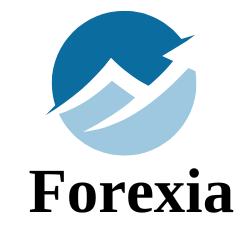Last week, Federal Reserve Chair Powell indicated that the Fed requires additional confirmation of the economy’s sustainable path to bring inflation back to 2%, even with recent favorable inflation trends. Powell emphasized the importance of the labor market, stating that the Fed’s focus has shifted from inflation to both price stability and maximum employment since the December meeting. The US economy added an impressive 353,000 jobs in January, with an upward revision of 126,000 for the previous two months. Wage growth accelerated to 0.6% M/M and 4.5% Y/Y, contributing to a positive employment outlook.
Despite rising productivity, the wage growth may not align with the goal of inflation returning to 2% sustainably. Consumer survey data was less optimistic, but the unemployment rate remained stable at a low 3.7%. US yields experienced notable increases, with markets now assigning only about a 20% chance of a March rate cut and uncertainty about a first cut even in May (80%). Equities held up well, supported by positive earnings from tech giants, and the dollar outperformed, with DXY closing at a new YTD high (103.92) and EUR/USD dropping below the 1.08 handle (close 1.0788).
Fed Chair Powell, in a recent interview with CBS, reiterated the unlikelihood of a rate cut in March, expressing the need for additional confirmation of good inflation readings. He suggested that it might take until summer for the Fed to start its easing cycle. Asian equities exhibited mixed trading, with Chinese stocks recovering after an early session sell-off.
Market focus remains on the US with the services ISM and the senior loan officer opinion survey (SLOOS). Signs of US economic resilience could push the US 2y yield for a test/break of the 4.5% resistance area. The technical picture of the dollar is improving, with a sustained break of DXY above 104 considered significant. EUR/USD is caught in a protracted downtrend, with 1.0724/1.0712 as the next key reference.
In other news, Slovakia aims to demonstrate a clear consolidation trajectory and credible deficit reduction plans to investors. Fitch downgraded Slovakia from A to A- in December over deteriorating public finances. Hungary’s economy minister, on the other hand, confessed to a higher budget deficit target for 2026. The Turkish central bank fired its chair after 8 months, citing personal reasons and a smear campaign, and appointed a new deputy governor expected to continue the anti-inflation campaign.







